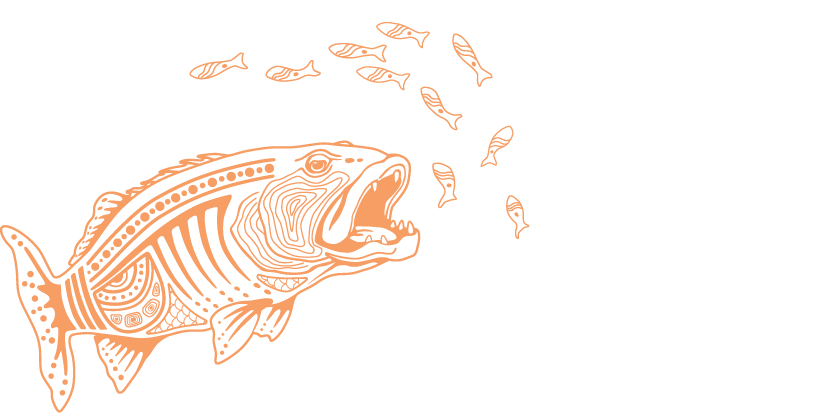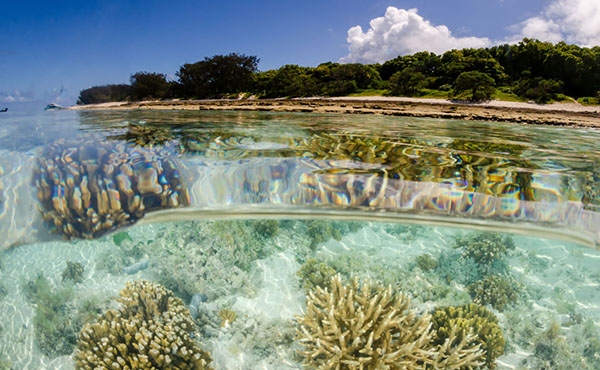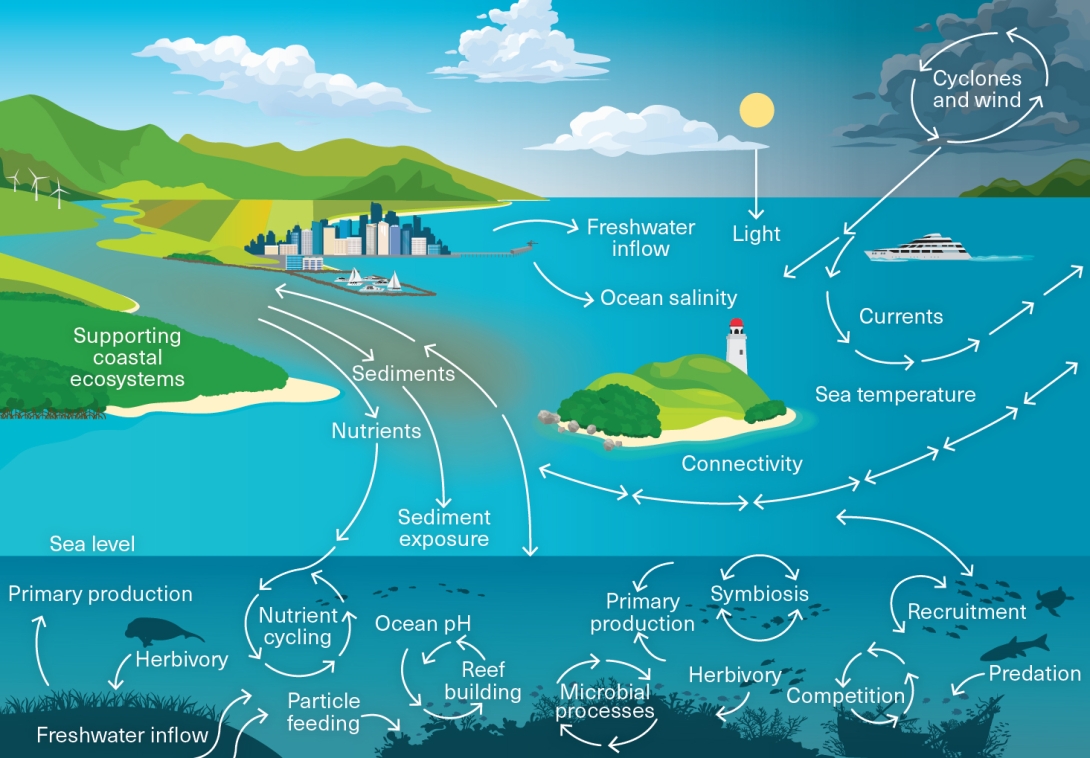The Region’s ecosystem includes all of its species interacting together within the physical and chemical environment. Ecosystem health encompasses these key interactions and processes that operate to keep an ecosystem functioning. For example, without the process of larval dispersal by currents, species and habitats would not replenish after disturbances. Broadscale impacts have more potential than smaller localised impacts to disrupt ecosystem processes.
Change in biodiversity can only be used as an approximate indicator of ecosystem status. An ecosystem is considered healthy if it is able to maintain its structure and function in the face of external pressures. A functioning ecosystem provides a range of services and benefits to humans, including supporting, provisioning, regulating and cultural services.
This systematic assessment of the health of the Reef ecosystem is based on 5 assessment criteria that encompass the Region’s main underpinning processes and interactions (Figure 3.1):
- physical processes
- chemical processes
- ecological processes
- coastal ecosystems that support the Great Barrier Reef
- outbreaks of disease, introduced species and pest species.
The scope of the components assessed remains the same as the previous Outlook Report, with a few minor updates to titles (Appendix 2). It is important to note that these processes operate at a hierarchy of scales in both space and time and many are significantly interlinked.
Consideration has been given to the relevance of observed change over the past 5 years in the context of variability expected over widely varying timescales, from days to the many centuries over which the modern Reef has formed.



